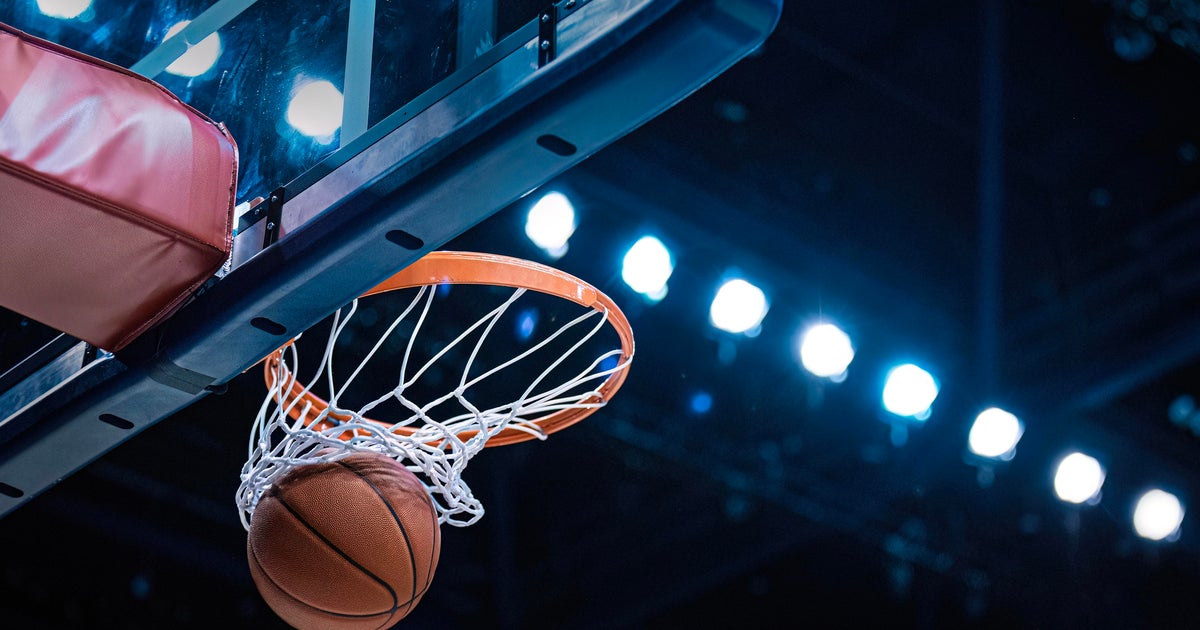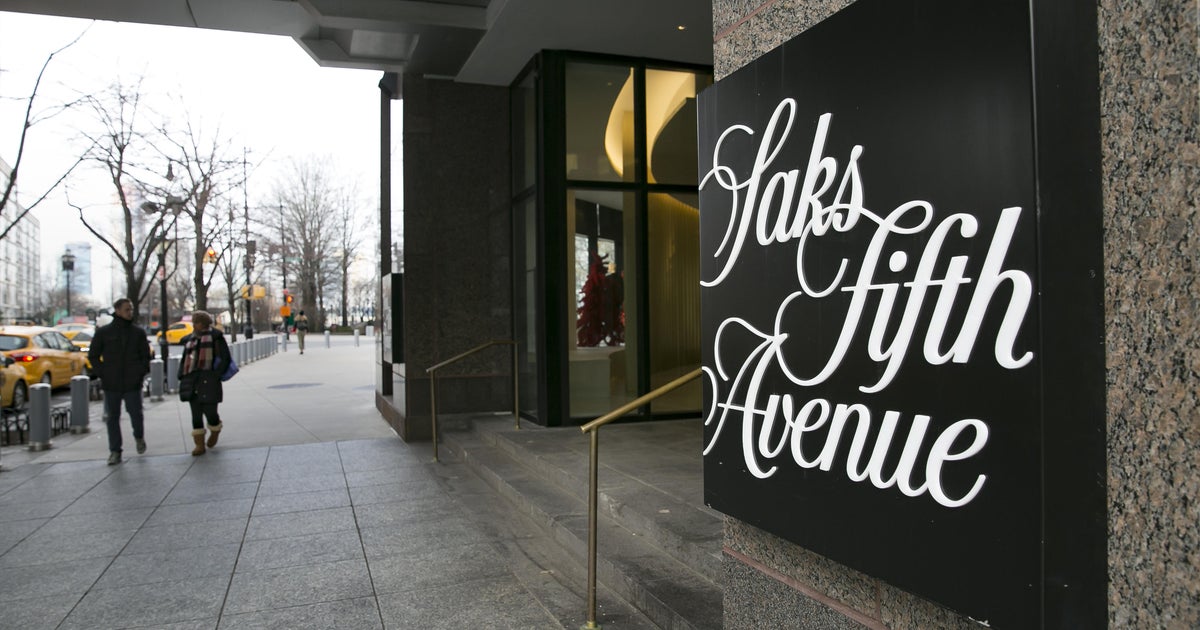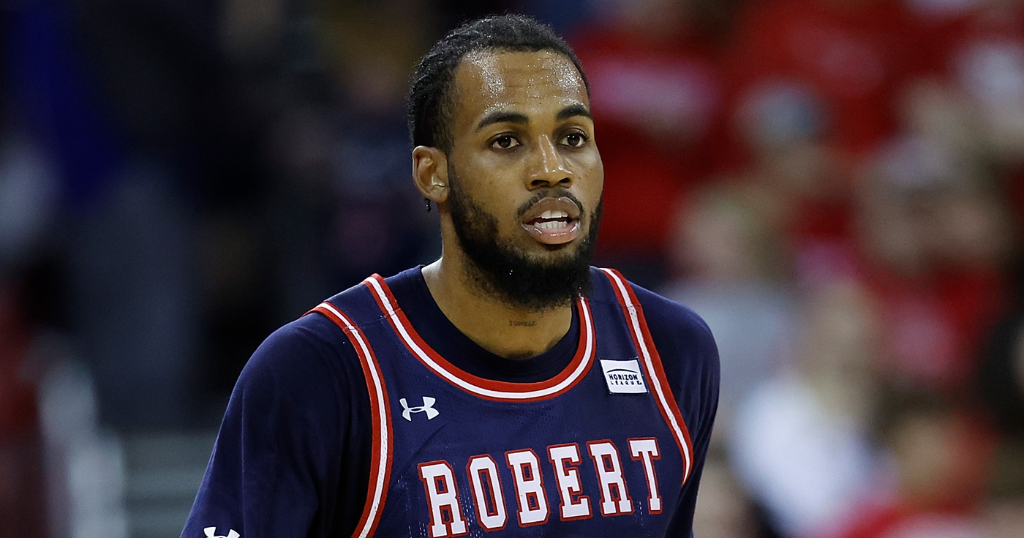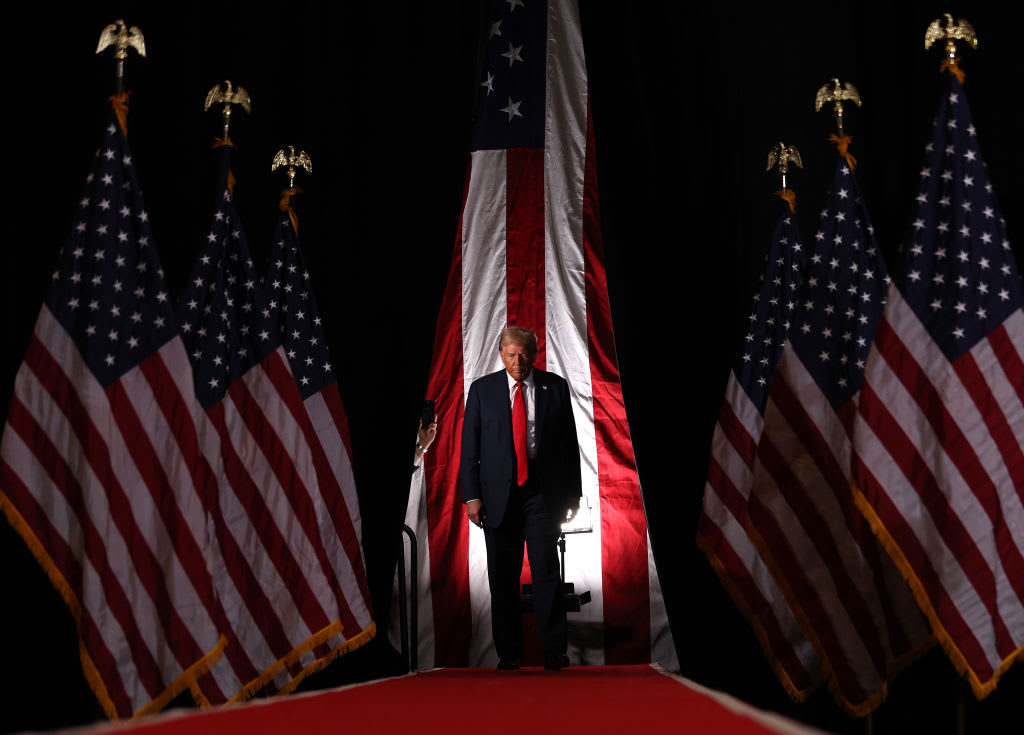Schick owner ends $1.4 billion bid to buy competitor Harry's
The owner of Schick brand razors is withdrawing its nearly $1.4 billion deal to buy Harry's, a competitor in the men's shaving supplies market, after federal antitrust enforcers recently challenged the acquisition as offering consumers less choice.
The Federal Trade Commission on February 3 filed a lawsuit to block the transaction, saying it would reduce industry competition and result in higher prices for consumers.
"We are disappointed by the FTC's decision and continue to disagree with its position," Rod Little, CEO of Edgewell Personal Care, said in a statement on Monday announcing the company's decision to end the Harry's deal. Edgewell is walking way because of the legal uncertainty around the deal and because a prolonged court fight with the FTC would be distracting to management, he added.
Harry's plans to sue Edgewell over its move to abandon the merger, according to the statement.
Edgewell shares jumped more than $8, or nearly 28%, to $38.87 on Monday.
Harry's founders "perplexed"
Harry's launched in 2013 as an online subscription service that sought to sell shaving supplies to men at lower cost than industry leaders such as Schick and Gillette. Early success allowed the company to open a physical store in Manhattan, and in 2016 Harry's began selling its products at Target. They're now available at such outlets as Kroger, Meijer, Walmart and Wegmans. Edgewell agreed to buy Harry's in May 2019.
One FTC official said Edgewell enjoyed a pattern of little to no competition for years.
"The arrival of Harry's into brick-and-mortar retail disrupted that pattern, bringing lower prices and more options to consumers," Daniel Francis, the FTC's competition bureau deputy director said in a statement. "Allowing Edgewell to bring that disruptor under control by acquiring Harry's would have represented a big step back for competition."
Harry's founders and co-CEOs, Jeff Raider and Andy Katz-Mayfield, told the Associated Press that they "continue to be perplexed by the FTC's process and disregard of the facts." The executives said they're "disappointed by the decision by Edgewell's board not to see this process to its conclusion." Had the deal materialized, Raider and Katz-Mayfield were slated to join Edgewell senior management as co-presidents of U.S. operations.
Harry's, based in New York, had hoped to capitalize on Edgewell's large distribution channels and Schick's blade technology. Edgewell believed that it would be able to leverage Harry's direct-to-consumer marketing base and digital savvy.
Edgewell is the second-largest razor manufacturer in the U.S., with its other brands including sunscreen Banana Boat and women's shave cream Skintimate.
The personal care segment has seen consolidation in recent years. Unilever bought Harry's rival Dollar Shave Club for $1 billion in 2016.
The Associated Press contributed to this report.





